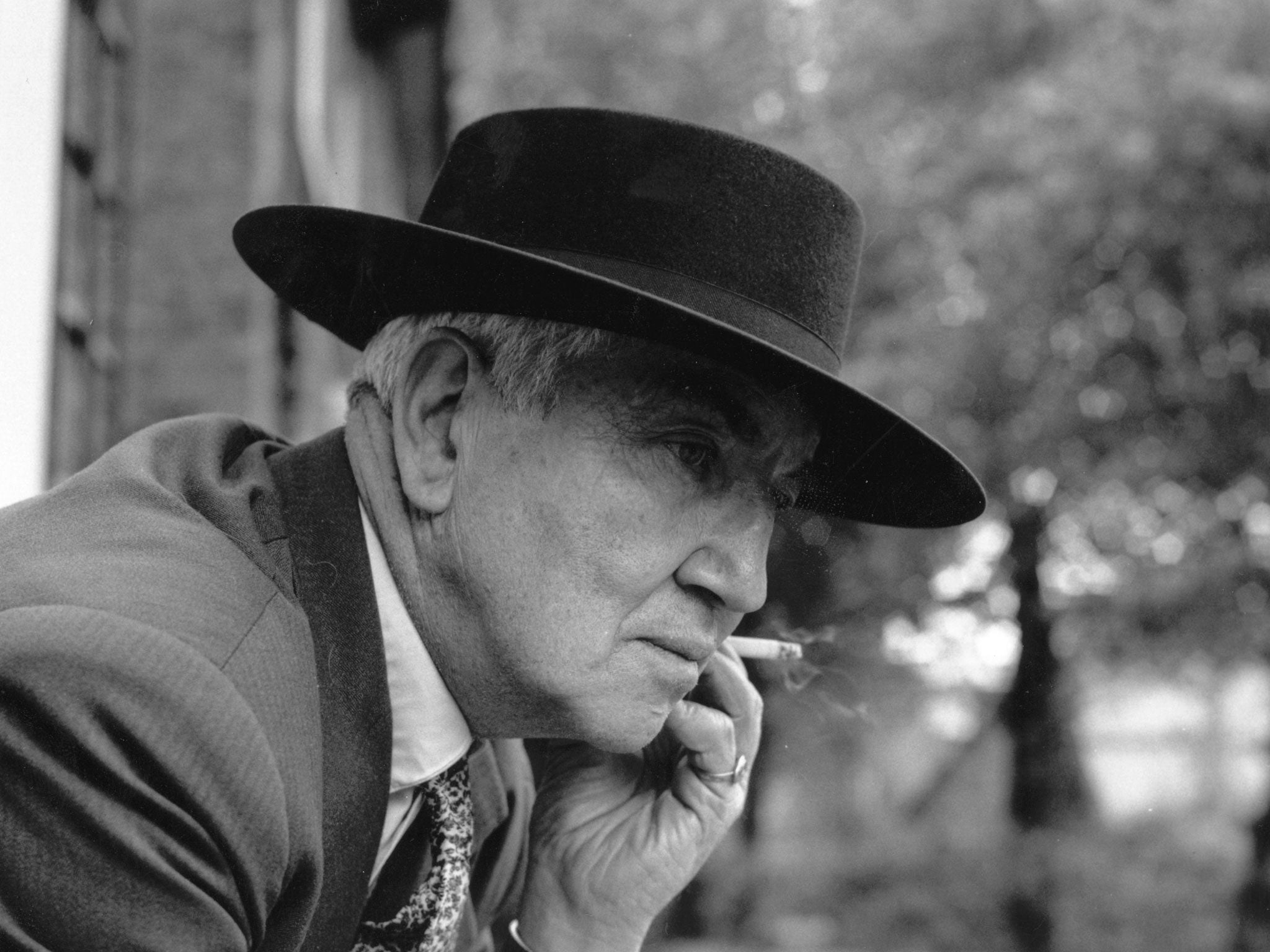Goodbye to All That by Robert Graves, book of a lifetime: Sanity in the face of insanity
The tone of Graves's memoir has kept Benjamin Markovits coming back to it

When I was 17, my parents moved us to Berlin for a year. The Wall had fallen and the country was about to go through the difficult process of reunification. The first Gulf war began that year, there were big events happening all around me, but I was also just a high school kid about to enter a new school. We lived in a suburb called Lichterfelde Süd–dorten, my father called it. Meaning there or yonder or the middle of nowhere.
It turned out to be an important year for me, but not because of the friendships I made (I didn't make any) or the things I witnessed (I stayed at home for the big celebration on 3 October) but because of the books I read. All day long, at school, I spoke, read, and wrote German, but in the evenings and on weekends I worked my way through the English language library at my father's academic institute.
The Collected Works of George Bernard Shaw kept me busy for a while (Back to Methuselah, Heartbreak House), but what I loved more than any of them, what I read and reread several times, was Goodbye to All That by Robert Graves.
I can't quite explain why it meant so much. Partly, I was nostalgic for England, another country I had lived in before, which my parents (both academics) had dragged their children to. There were descriptions of Wimbledon, being kissed by Swinburne as a baby, what it was like to go to public school. Partly, I liked how conventionally it began, with an account of his ancestors and origins, the complex people and histories that produced him.
And I had evidence of these things all around me: in my Jewish-American grandmother, who was living with us that year, and had to make her peace with the German and Christian daughter-in-law whose wedding to my father she had once refused to attend.
Graves's book, of course, is a reaction against the way this kind of history lengthens its chains behind us... it's an attempt to cut ties. And that year I watched my classmates stage a sit-in against Operation Desert Storm, singing peace songs that belonged to a very different era and different series of conflicts in the large Aula of the big late Victorian school building. (It had originally been named after Bismarck.) But they also resented the fact that reunification might mean longer queues, higher taxes, and a more difficult job market for them. And something odd, understandably odd, about their relationship to Jewishness had persisted and showed up occasionally in class. My classmates, too, had a lot to say goodbye to.
But it was really just the tone of Graves's memoir that kept me coming back to it – curious, honest, sane, in the face of insanity; but also interested, particular, sometimes even slightly boring. I had expected to find an author and found a man, as Pascal once wrote. The book seemed truer than any of the novels and plays I read, because it was. And it kept me company through a very lonely year.
Benjamin Markovits's new novel is 'You Don't Have to Live Like This' (Faber & Faber)
Join our commenting forum
Join thought-provoking conversations, follow other Independent readers and see their replies
Comments